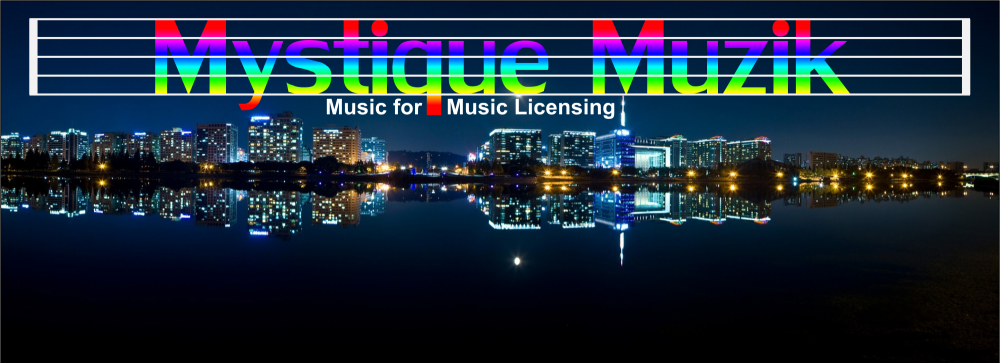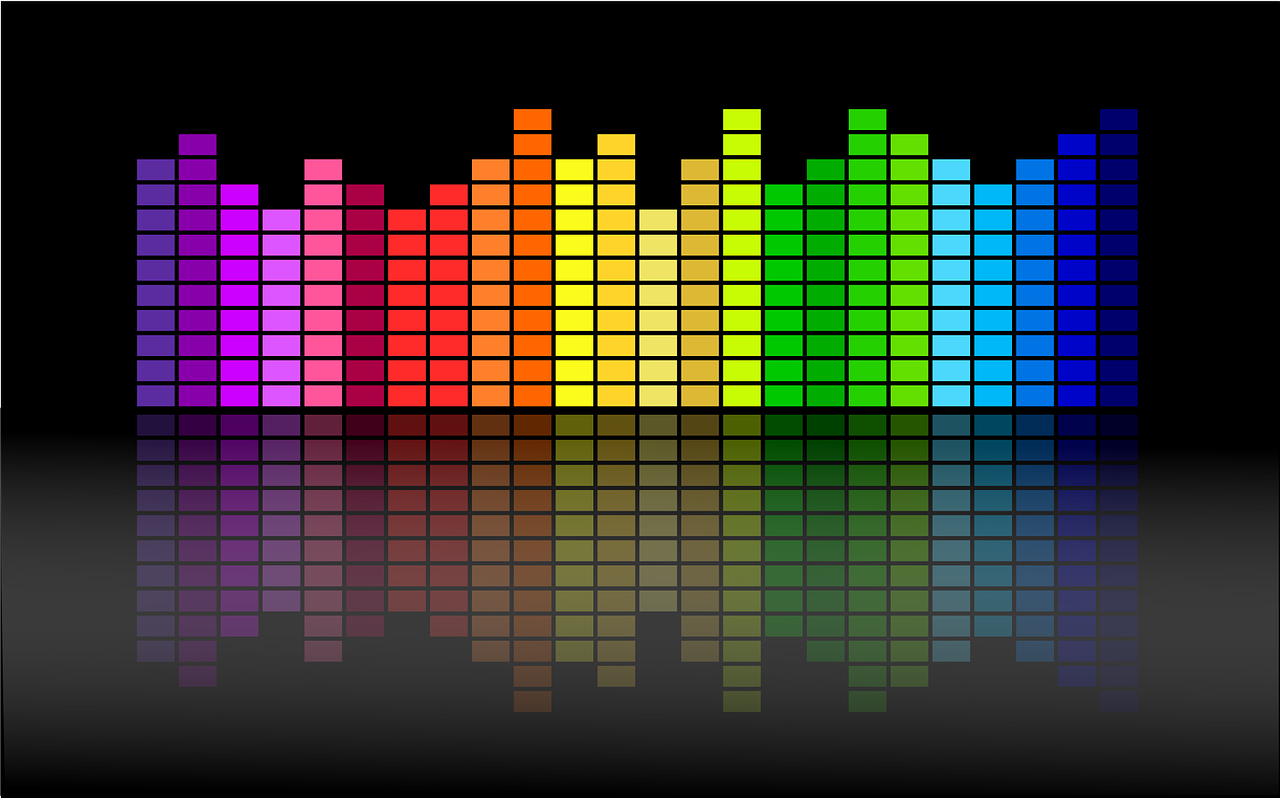It doesn’t matter whether you make movies, create videos games, are a sound designer, or just a movie buff or avid game player, everyone enjoys the music and sound effects that are played in both of these mediums. And while there are some similarities in the music for both cinema releases and video games, there are also some important differences as well.
This article will briefly touch on what the differences are in video game music; for both players and music composers working on a game soundtrack.
First, What Is Similar?
The most obvious points where a movie music score and game music score will be similar is at the very beginning of the movie/game and during the closing credits of the movie/game.
These days video games kind of follow a Hollywood-style script. A story unfolds that has a beginning, middle and end. The classic three act play. Although having said that there can be a lot of subplots in a game, with each objective being a subplot in itself.
But both games and movies have opening and closing credits and this is where some classic songs and music tracks can be composed that could work well in either the movie or gaming world.
Games and movies will also make use of music for building tension, and SFX for dramatic effect. The music – whether it be a loop or an entire track – will be designed to suit the mood of the scenes, the characters or the action that is currently taking place.
From the Audience or Gamer’s Perspective
 When we sit down with our popcorn and Coke to watch a film at the cinema or at home, we are not active participants in the movie itself, but rather interested spectators. To a point we are involved and engaged, but not actively. Our involvement is passive. When action and tension unfold on the screen, of course it affects us and our emotions and reactions, but these are not at all critical in the flow and outcome of the film.
When we sit down with our popcorn and Coke to watch a film at the cinema or at home, we are not active participants in the movie itself, but rather interested spectators. To a point we are involved and engaged, but not actively. Our involvement is passive. When action and tension unfold on the screen, of course it affects us and our emotions and reactions, but these are not at all critical in the flow and outcome of the film.
This is completely different when it comes to the gaming world, where the player is really acting out the role of the lead character, and what he or she does throughout the game affects the outcome.
We know that music plays a pivotal role in both movies and games, but the effect of that music on a gamer can result in a build up of nervous tension that results in how the player reacts to the action unfolding. If the player gets too tense as the dramatic music builds and danger is imminent, he/she could just end up getting killed by acting rash or impulsively.
This certainly isn’t the case with watching a movie. Yes, if something scares you, you might jump and spill your popcorn all over the floor, but your reaction has no affect on what happens in the movie. It’s completely different in a gaming environment, where the player is in complete control of the outcome.
Music in video games really helps to make the game, but any gamer will also tell you that it’s the music that really makes them tense. It often signals impending doom, filling the player with nervous energy as he/she waits in anticipation of what’s about to unfold.
From the Music Composer’s Perspective
 If a film’s music is being scored from scratch by a composer (as in, they don’t use pre-existing sync licensed music), the composer has the advantage of viewing the final edit of the film and composes the music to match the scenes and sequence of events. The music has no bearing on the outcome of the scene or the movie as a whole, but rather is designed to play on the emotions of the audience and set the tone and mood. The composer knows exactly what is going to happen and when, how long each sequence is and can create music accordingly.
If a film’s music is being scored from scratch by a composer (as in, they don’t use pre-existing sync licensed music), the composer has the advantage of viewing the final edit of the film and composes the music to match the scenes and sequence of events. The music has no bearing on the outcome of the scene or the movie as a whole, but rather is designed to play on the emotions of the audience and set the tone and mood. The composer knows exactly what is going to happen and when, how long each sequence is and can create music accordingly.
The difference with composing music for games is that each sequence of events has no real time limit, as it all depends on how the action unfolds and what the players does or manages to achieve. Therefore, with this in mind, the easiest way to compose music for the action sequences of a game is to use loops, where a main loop plays over and over again until something changes in the game sequence. Music for the opening and closing credits is no problem, and music for cut scenes is also not an issue, but during those many phases of the game when the player sets about achieving an objective, scoring the music and sound effects can be a real challenge.
Music Sync Licensing for Movies and Games
Both filmmakers and game creators will often take advantage of existing music through sync licensing. It’s doubtful that any game or film can rely entirely on licensed music, but there are certainly parts in each that can take advantage of the plethora of pre-made music out there on the internet.
Myself and millions of other artists, composers and producers specifically create music for the sync licensing marketplace. It can save time for movie and game creators and even save some money in many cases.
My sync licensing catalogue is available on music licensing platform – Songtradr. If you have a spare moment and would like to check it out, simply click on the Songtradr logo below and take a look at their site.




I never actually realised that the making of music in a movie and a video game has gone through the similar process. Music from a film that mostly known as Soundtrack, I guess takes more precedent than the one in the video game. The content that you have created here really explains a lot of different views from the viewers to the composers. I like the way that you has it explain that trigger my curiosity about the process creating a unique music score. Keep up the good work!
Thanks for stopping by and leaving your thoughts. Definitely some similarities but also some major differences in the music for games as opposed to the film industry.